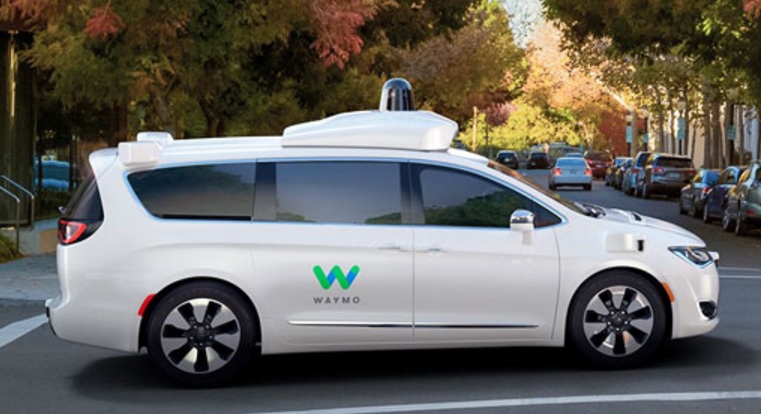Buying into self-driving vehicles: What’s it going to take for autonomous vehicles to become typical on city streets? Perhaps longer than advocates of the advanced technology had hoped for. In a new study by Reuters/Ipsos, half the respondents believe that autonomous  vehicles won’t be as safe as vehicles currently on roads. Nearly two-thirds of the U.S. adults participating in the survey said they would not buy a fully autonomous vehicle, and the same amount balked at the prospect of paying significantly more for the added features. AVs will be staying in the test phase for a few more years. Companies such as General Motors, Tesla, Waymo, Alphabet, Uber, and Lyft, will continue testing the technology and trying out convenient mobility and shared ride experiences for users. Fleets will continue playing an important role in advancement of the technology through projects such as truck platooning, electric automated shuttle vans, and urban delivery showing positive signs of potential for adoption. Safe travel is a key issue, as Tesla and Uber have discovered in fatal incidents involving AV technology in recent years. But as marketers of electric vehicles know, building up mass adoption of a radical new technology takes millions of miles and a few years of positive driver experiences.
vehicles won’t be as safe as vehicles currently on roads. Nearly two-thirds of the U.S. adults participating in the survey said they would not buy a fully autonomous vehicle, and the same amount balked at the prospect of paying significantly more for the added features. AVs will be staying in the test phase for a few more years. Companies such as General Motors, Tesla, Waymo, Alphabet, Uber, and Lyft, will continue testing the technology and trying out convenient mobility and shared ride experiences for users. Fleets will continue playing an important role in advancement of the technology through projects such as truck platooning, electric automated shuttle vans, and urban delivery showing positive signs of potential for adoption. Safe travel is a key issue, as Tesla and Uber have discovered in fatal incidents involving AV technology in recent years. But as marketers of electric vehicles know, building up mass adoption of a radical new technology takes millions of miles and a few years of positive driver experiences.
Electric automated trucks: Speaking of adoption of the new technology, a new report by Wards Intelligence says it will take until the early 2020s for new electric and automated trucks to take root. Medium-duty truck fleets will lead the way in electrification, but “long haul will probably be the last to see electrification because they’ll probably need fuel cells to get the range they need, and those are still in development,” said Megatrends 2019 Trucking author, Jim Mele. Trucking fleets want to see longer range and faster fueling, so fuel cell trucks may have an edge here — with Nikola Motor and Toyota poised to take the lead.
Tesla and SEC dispute settlement and quarterly report: Tesla is still trying to clean up problems that have been building in the past year. Tesla CEO Elon Musk was “very happy” about a federal district court judge telling the company and the Securities Exchange Commission to settle the SEC’s complaint out of court. The SEC asked the court to hold Musk in contempt for violating their previous settlement over a tweet they thought violated rules over what the publicly traded company can divulge or express opinions over. This time around, the SEC filed a complaint in court over a photo musk had posted on Twitter of the electric automaker’s manufacturing plant — that Musk said would be able to produce 500,000 vehicles in 2019; he recanted that tweet, going back to the original forecast of 400,000 units being what the company expects to deliver. Another tough one has been reporting to investors that sales saw a big drop in the first quarter of this year. About 63,000 Tesla vehicles were delivered in the first quarter — a 31% drop compared to the prior quarter and the the largest drop ever for the company. Some commentators have wondered if an April 19th event for Tesla investors on new autonomous vehicle improvements will be an attempt to deflection attention on the poor performance.



